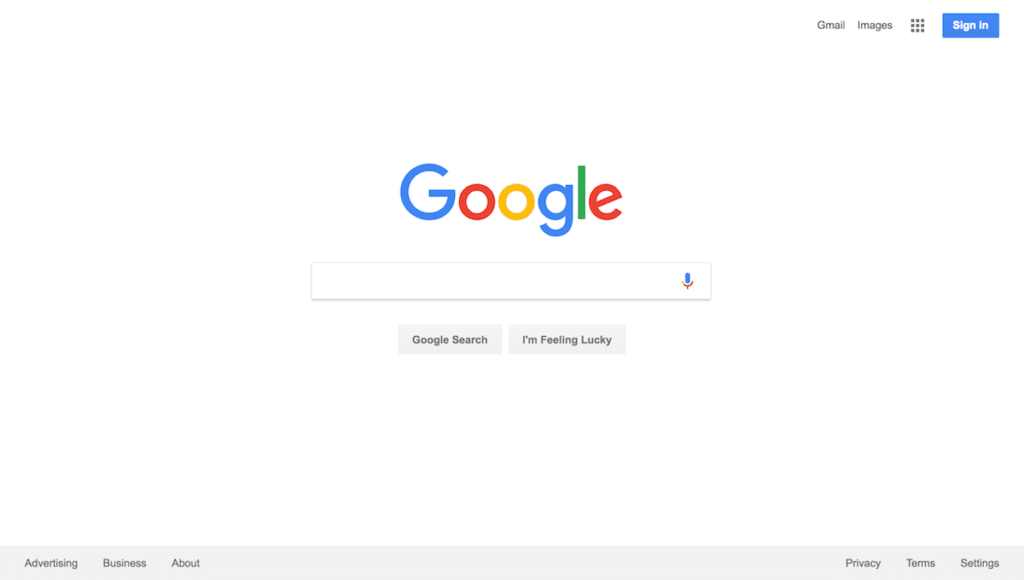
We are living in the information age and this information is built by building blocks called data. Due to the easy access to information available online, most searchers want precise, specific data to back their analyses and theories. The spectrum of searchers falling under this ambit range from journalists to academics to simply curious students. Google acknowledges this quest for data by launching a new and separate search engine exclusively for data searches.
This new search engine is called DataSet Search. It is still in the beta testing phase, where it has access to data archives only in the fields of social sciences, environmental sciences, government data archives and news organizations. This network was created by Google with the help of a feature that allowed the providers of datasets to markup their sources in a way that facilitates Google to recognize and identify the kind of data they are offering. This feature was rolled out in July this year.
As of now, these are the areas which signed up with the markup feature rolled out by Google. When others join the fray, the umbrella of sources will expand to cover wider areas. DataSet providers have the option to have their sources included in DataSet Search if they have the markups uploaded on their sources.
Just as the usual search engine box, DataSet Search can be used in multiple languages. It is used like the eponymous search box of Google: type in what you are looking for. DataSet Search will throw up relevant data searches for your consideration. Currently, Google is sourcing the datasets from digital libraries, the personal web pages of publishers and websites of authors.
This is what Google has to say about this new launch:
“In today’s world, scientists in many disciplines and a growing number of journalists live and breathe data… To enable easy access to this data, we launched Dataset Search, so that scientists, data journalists, data geeks, or anyone else can find the data required for their work and their stories, or simply to satisfy their intellectual curiosity.”








0 Comments